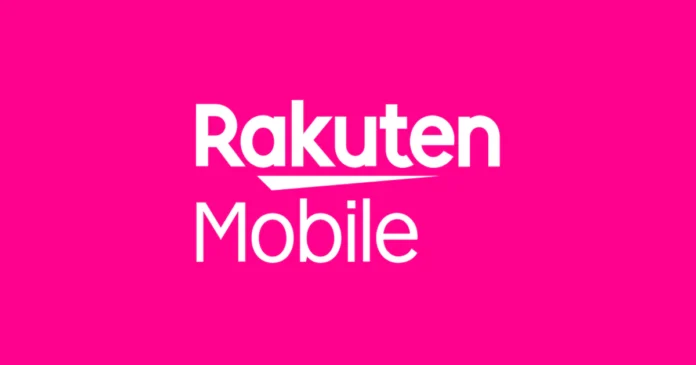Rakuten Mobile said the trial is part of a government initiative aimed at testing AI technologies that enhance public safety while reducing network strain
In sum – what to know:
Rakuten tests edge AI at stadium – Rakuten Mobile, AWL, and Vissel Kobe launched a smart surveillance trial in Kobe using edge AI to reduce network load and enhance stadium safety.
AI-powered data filtering in real time – Cameras detect risks and compress video based on urgency and network traffic, helping reduce mobile data use and support faster security response.
Portable security for diverse venues – The project aims to create easy-to-deploy, mobile AI-based security systems suitable for stadiums, parks, shops, transport hubs and rural areas.
Japanese operator Rakuten Mobile, AWL and Vissel Kobe are participating in a new smart security project supported by Japan’s Ministry of Internal Affairs and Communications (MIC).
The initiative is part of a government initiative aimed at testing AI technologies that enhance public safety while reducing network strain, the carrier said.
The demonstration, which started earlier this month in Kobe City, takes place at Noevir Stadium, home to Vissel Kobe, a professional soccer team owned by the Rakuten Group. The partners will test how edge AI can help improve surveillance and reduce the amount of data sent over mobile networks.
Security teams today face labor shortages and high costs. While cloud-based AI can help automate surveillance tasks, sending all video data to the cloud can overwhelm networks and increase expenses.
Rakuten Mobile explained that this project solves that problem by using edge AI—where video is analyzed near the camera instead of in the cloud—to reduce network traffic and improve response times.
Cameras installed around the venue send video to nearby far-edge devices, which use AI to detect risks like unusual movements or dangerous behavior. Based on the risk level and real-time network traffic, the system compresses the video into one of three formats: text alerts, still images or short video clips.
Then, edge servers collect this information from multiple cameras and use a small-scale language model (SLM) to create brief, actionable reports for security teams. This helps manage data flow on the mobile network and keeps surveillance efficient—even in crowded venues, said Rakuten Mobile.
As part of the initiative the team will test whether AI technology can reliably detect different events like falls or fights, even in changing lighting or weather conditions. The goal is to build a smart surveillance system that works well in all kinds of real-world settings, according to the operator.
The project is also looking at how to make these AI-powered camera systems portable and easy to set up in many types of locations—not just stadiums. These future solutions could be used at amusement parks, train stations, retail stores or even rural areas with limited infrastructure.
The project is expected to last from June 2025 to January 2026.
In January, Rakuten Mobile had announced the launch of “Rakuten AI for Business,” a Generative AI (gen AI) solution designed to assist corporate clients in various business functions.
With advanced language understanding and task automation capabilities, the service provides quick and relevant responses to user queries. It supports activities such as document generation, translation, idea development, analysis and research through an interactive chat interface, Rakuten Mobile said.
Rakuten Mobile also noted its new AI tool is specifically tailored to align with Japanese business culture, regulations and industry norms.
The carrier had also explained that Rakuten AI for Business operates in a secure environment, ensuring that user inputs are not utilized for AI model training without explicit permission. It also allows companies to manage sensitive data by restricting specific keywords from being processed by the AI.

